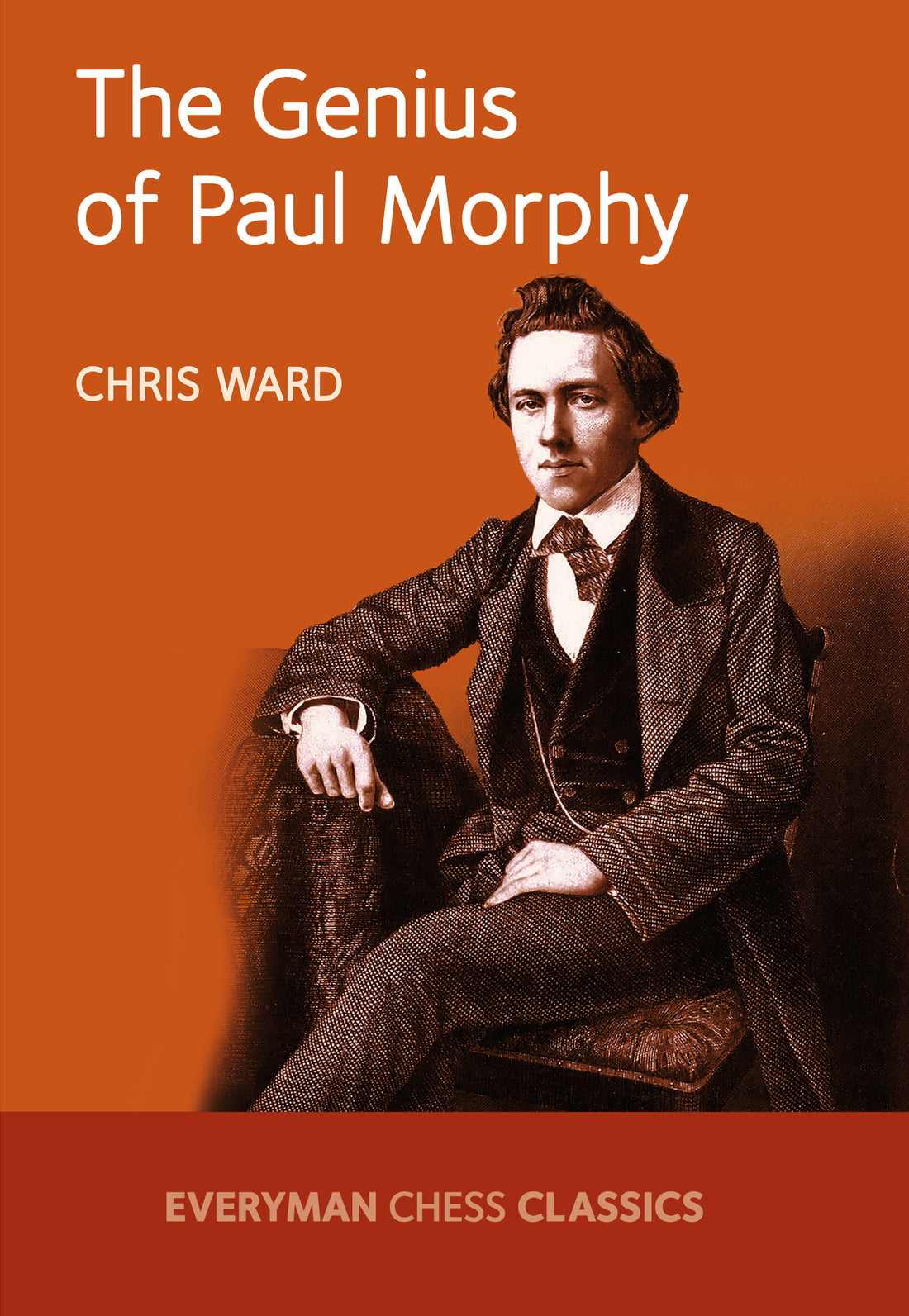The Genius of Paul Morphy
Paul Charles Morphy (1837-84) was an extraordinary and precocious talent: a child prodigy who quickly rose to become the best player in America, and then the world, before he effectively retired from serious play at the age of 21. Morphy’s prowess created masterpieces of attacking chess so beautiful that they endure to the present day. In textbooks all over the world, Morphy’s name is synonymous with the romantic era, a time of dazzling sacrifices and spectacular king hunts.
In this book Chris Ward critically examines Morphy’s style, strengths and weaknesses- the first time that a contemporary Grandmaster has so systematically appraised Morphy’s games in the context of the modern understanding of chess. Ward recounts many curiosities (such Blindfold Exhibitions, for which Morphy was famous), and there is a special chapter devoted to Morphy’s most dramatic miniatures.
Morphy’s contributions to opening theory (in variations such as the Evans Gambit and the King’s Gambit are also covered, and it is interesting that these swashbuckling gambit variations are currently seeing something of a resurgence.

